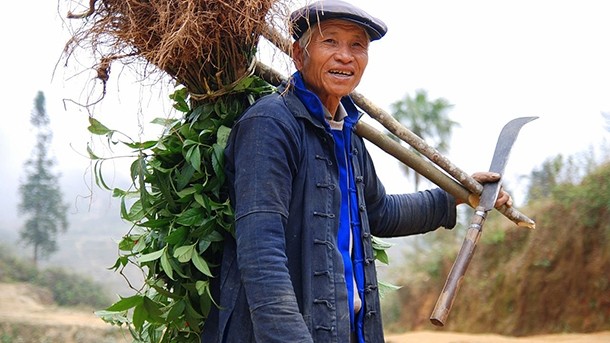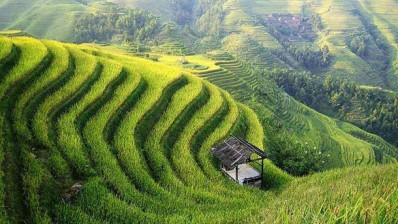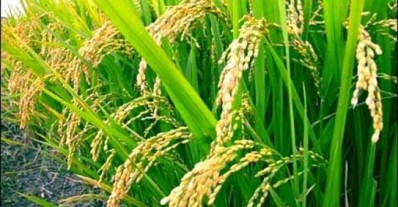Rabobank: China to enter second agri boom on back of new gov policies

Rabobank’s report, which focuses on new Chinese agricultural policy, suggests that legislative changes to address a balancing of pace between urban and rural development will have widespread impacts on the industry.
Leading by technology and land use
Among these will feature a greater adoption of mechanisation and new technology in the agricultural system, and a transfer of land-use rights to create economies of scale.
"Agriculture has been the backbone of the Chinese economy for thousands of years," said Rabobank analyst Chenjun Pan.
"The pressures associated with feeding a population of 1.3bn has meant that the domestic agricultural industry is strategically important to national food security.
“The decisive and supportive role of the government in agricultural development in China has facilitated new growth in food demand, and farmers' incomes are expected to grow faster than ever before.”
In China, government policy has traditionally had a strong impact on industry development. For instance, policy-backed growth in the industrial sector from the late 1970s diverted many resources away from agriculture, and so widened the economic gap between urban and rural areas.
In order to address this disparity, the government’s 2014 No. 1 Central Document directive emphasises agricultural development as a key priority.
It advocates cooperation between the industrial and the agricultural sector so that industry promotes agriculture, urban areas support rural development, industry and agriculture reinforce each other, and urban and rural development is integrated.
Rising agricultural subsidies
Personal incomes in urban China are three times as high as in rural areas and narrowing this gap has become top priority particularly as wealth disparities affect consumption patterns.
In response, according to Rabobank, the government plans to increase agricultural subsidies, thereby boosting farmers' disposable incomes and subsequently demand for protein-based products in rural areas.
From a land perspective, China's current agricultural system is based on small-scale production. This fragmented and uncoordinated supply chain cannot meet urban requirements for food safety and quality, yet small farmers are responsible for the majority of agri output.
This has driven the establishment of large commercial farms where both standardised operation and government monitoring is easier.
Rabobank expects these farms to continue growing rapidly. Increasing the average scale of household farms to a level at which modern agricultural practices can be adopted will therefore be the key.
Thanks to the government's framework for the regulation of land-use rights transfer, areas of land can now be planted collectively, making mechanisation more widespread and improving efficiency and productivity.
New types of farming organisations, such as cooperatives, family farms and specialised large farms, have emerged since land-use rights transfer has become possible, says Rabobank. The coexistence of these new types of farms has quickly become a new, important source of agricultural production.















